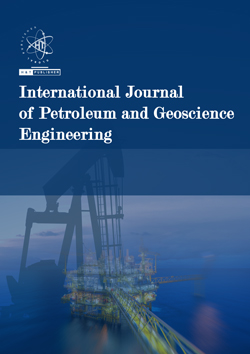


In oil/gas well-cementing operations, high strength and optimum thickening time are required to ensure the long-term integrity of wells. In High-Pressure, High-Temperature (HPHT) wells, cement hydration happens faster due to temperature effects. Furthermore, most of the mentioned wells are located in the deep subsurface, so cement must remain in its fluid shape for more time by using retarding agents in HPHT wells. This paper presents an experimental study for evaluating the effect of adding nano-boric acid in cement slurry properties. Cement slurries were prepared by adding acid boric (1% wt./wt.), and nano- acid boric (0.5%, 1% and 1.5% wt./wt.). The slurries were aged at 290Ëš F temperature and 3000 psi pressure and then rheological, strength, thickening time were measured after conditioning slurries at 190° F and atmospheric pressure as per API 10-B standard. Based on results, nano-boric acid powder as a retarding agent is more effective than conventional micro-acid boric particles in various concentrations. nano-boric acid increases compressive strength and thickening time which can improve cementing operations in drilling HPHT wells. Mechanisms of nano-boric acid for retardation effect on cement slurries are Nucleation and Adsorption. The goal of this research is applying nano-boric acid as a retarder agent, and strength improver of cement slurry in HPHT oil and gas wells.